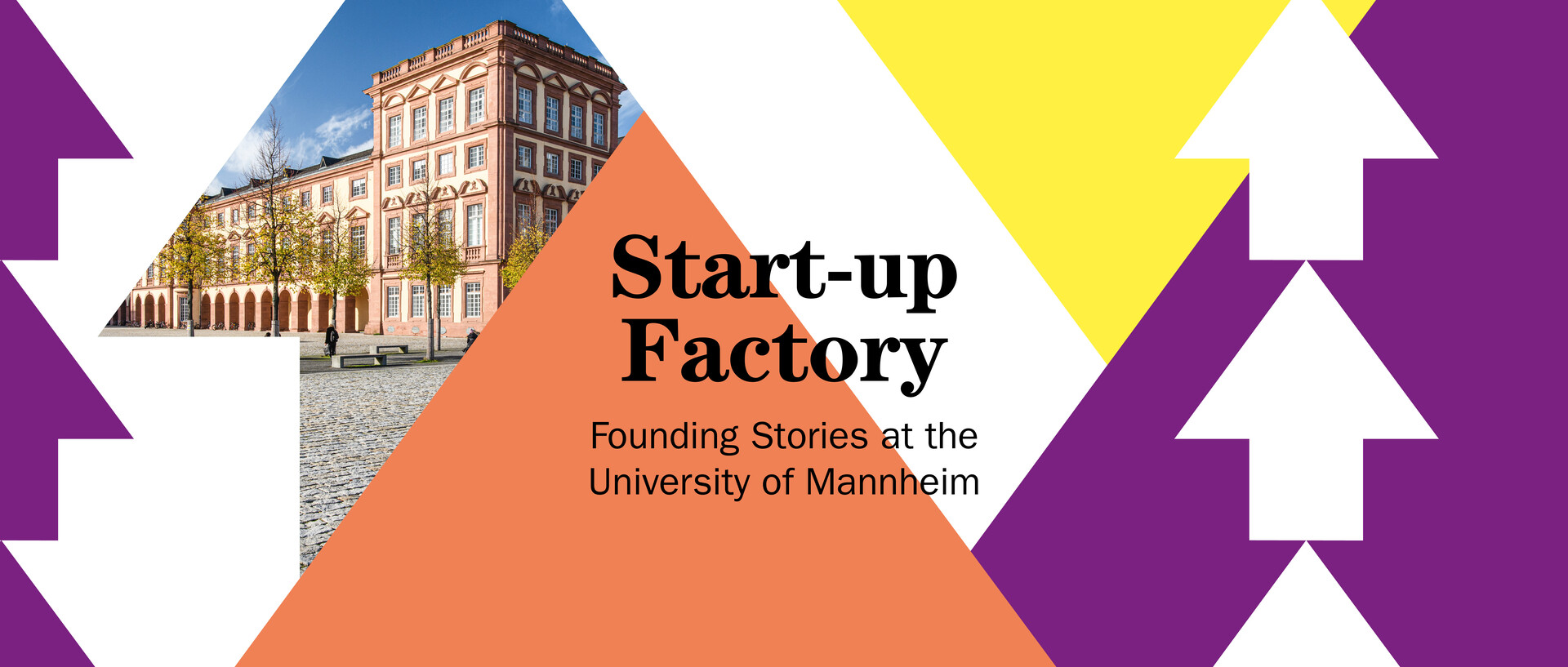Catching Up With … Patrick Barth
Networking—what many see as an obligation at social events has been a passion for Patrick Barth since his student days. The Mannheim alumnus has worked in the communications departments of several major corporations. His career breakthrough? A conversation at a Christmas dinner.

A Friday morning in early January 2025, the sun is shining. Patrick Barth appears on the screen with a smile. Where is he at the moment? “I’m in Austria visiting family,” says the 50-year-old Mannheim alumnus. “And feel free to call me Patrick.” As a communications expert, his informal, friendly approach comes naturally—he’s someone who is easy to talk to, quick to laugh, and happy to share his experiences.
But let’s start from the beginning. Barth was born in Saarland, completed vocational training, and worked as a toolmaker. Later, he earned his university entrance qualification (Abitur) through an alternative education path and decided to study at the University of Mannheim. “The opportunity to combine Romance languages with business courses was a perfect fit for me,” he recalls. But early on in his studies, he realized his true passion lay in media and communication studies, prompting a change in major. “The courses taught by media studies professor Rolf Kloepfer sparked my curiosity and love for the field—and in the end, you should do what you enjoy,” he says.
He also attended marketing courses with Hans Raffée, the founder of the Mannheim alumni network ABSOLVENTUM. “He was an inspiring figure who had a great way of getting young people excited about culture,” Barth remembers. He fondly recalls the high quality of teaching, campus parties, and the close relationships between students and professors. “Running into familiar faces on campus was a big part of what made my time at the University of Mannheim such a great experience,” he says.
Networking and career beginnings
To support himself during his studies, Barth took on a job as a freelance writer for Die Rheinpfalz, a regional newspaper. In response to the emerging internet boom, the paper needed staff for its digital newsroom. “The typical assumption was that young people must be familiar with these new media,” he says, laughing. After graduating, he stayed on, working in local journalism and managing an online project in collaboration with BASF. It was at a company Christmas dinner that the head of communications approached him. “The next day, I received a job offer. That conversation turned out to be a job interview,” he recalls. He took the offer.
Barth speaks enthusiastically about his time at BASF. The work in corporate communications and the strong team dynamic left a lasting impression on him. “I might still be there today if it weren’t for love,” he says with a grin. That’s what led him to move to Basel, where he started working at Novartis, a global pharmaceutical company. Adapting to a new corporate culture was a challenge. “Learning to navigate a different company environment and defining your own role is something you don’t really learn in university,” he explains. “Transitions like that push you out of your comfort zone, but they also expand your perspective and improve your ability to adapt.” His biggest takeaway? “Flexibility and openness to change are essential for success in an international company.”
A pandemic challenge
A few years later, Barth moved to Roche, where he experienced the beginning of the COVID-19 pandemic firsthand as a company spokesperson. “We were one of the first companies to bring a COVID-19 test to market. It put us in the media spotlight and presented completely new challenges,” he recalls. Advising the company’s executive board, he saw how the pandemic changed corporate communication. “We had to tailor our messaging to the public’s need for information, fight misinformation, and build trust in science,” he explains.
After transitioning to AstraZeneca, a new phase of his career began. “The pandemic showed me that a long-term communication strategy based on trust, transparency, and authenticity is the key to success in a globalized market. So at my new company, I restructured the team and developed an external communications strategy that put medical innovation front and center.”
In 2024, Barth decided to take a break and reflect on his next steps. What does he think about having a detailed career plan right after graduation? “That’s tricky. It can make you blind to unexpected opportunities,” he says. For him, the key to a successful career lies in a passion for the day-to-day work, a willingness to keep learning, and building a strong network. “It’s also important to look beyond your own industry and make connections outside your field,” he adds.
Staying connected to Mannheim
For quite some time, Barth has been sharing his career insights with students as a mentor for ABSOLVENTUM. “As the first in my family to earn an Abitur diploma and go to university, I know how tough it can be to get started in academia and the professional world,” he says. The support he received through his network—both during and after university—was invaluable. “That’s why I’m happy to give back as a mentor. It’s my way of saying thank you for an incredible time at Mannheim.”
His connection to the university runs even deeper. “There’s a new ABSOLVENTUM regional group in Basel, and I’m involved,” he says. Staying in touch with his former classmates is just as important to him. “Last year, we celebrated the 25-year reunion of our old flat share—that was an unforgettable experience. It really showed how valuable the friendships you make during university can be.”
Text: Luisa Gebhardt / April 2025
